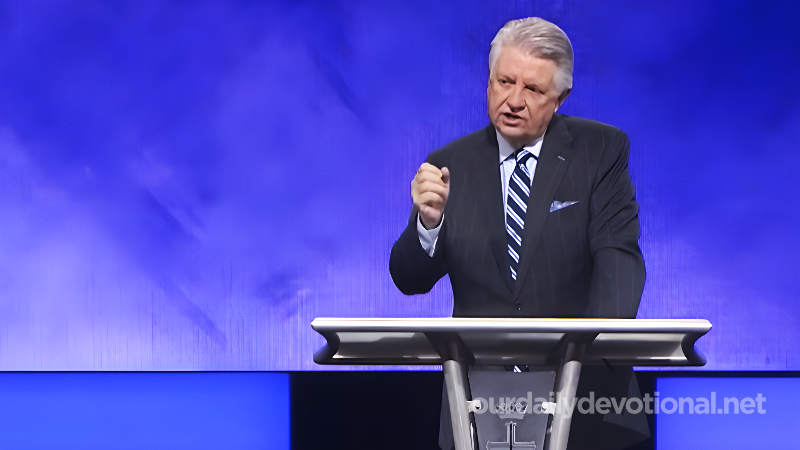
Our Attitude in Prayer | Dwight L. Moody
In coming before God, we must adore and reverence his name. The same thing is brought out in Isaiah. In the year that king Uzziah died I saw the Lord sitting upon a throne, high and lifted up, and his train filled the temple.
Above it stood the seraphims; each one had six wings; with two he covered his face, and with two he covered his feet, and with two he flew. And one cried out unto another and said, Holy, holy, holy is the Lord of the hosts; the whole earth is full of his glory (Isaiah 6:1-3).
When we see the holiness of God, we will adore and magnify him. Moses had to learn the same lesson at the burning bush. God told him to remove his shoes from his feet, for the place whereon he stood was holy ground.
When we hear men trying to act as if they are holy and go around speaking about their holiness, they make light of the holiness of God. It is his holiness that we need to think and speak about; when we do that, we will be facedown in the dust.
You remember also how it was with Peter. When Christ made himself known to him at the lakeshore, Peter fell at his feet and said, Depart from me, Lord, for I am a sinful man (Luke 5:8). A sight of God is enough to show us how holy he is, and how unholy we are.
We find that Job too had to be taught the same lesson. Then Job answered the Lord and said, Behold, I am vile; what shall I answer thee? I will lay my hand over my mouth (Job 40:3-4).
As we hear Job discussing with his friends, we might think he was one of the holiest men who ever lived. Listen to how Job contrasted his former happiness, honor, and wealth with his loss of dignity and blessing:
When I went out to the gate to judgment, when I had my seat prepared in the plaza! The young men would see me and hide themselves, and the aged would arise and stand.
The princes would refrain from talking and lay their hand on their mouth; the voice of the principals would not be noticed, and their tongue would cleave to the roof of their mouth.
When the ears that heard me, called me blessed; and when the eyes that saw me, gave witness to me: because I delivered the poor that cried and the fatherless who had no one to help him.
The blessing of the one that was ready to perish came upon me; and I caused the widow’s heart to sing for joy.
I put on righteousness, and it clothed me as a robe; and my diadem was judgment. I was eyes to the blind and feet to the lame. I was a father to the needy; and the cause which I did not know I searched out. (Job 29:7-16)
He longed for the days when God took care of him. He said, Oh, that I were as in months past, as in the days when God preserved me (Job 29:2). What a wonderfully good man he was! But it was all I, I, I.
At last, God told him to brace himself like a man because he had some questions for Job to answer. Now gird up thy loins like a man; for I will enquire of thee, and answer thou me (Job 38:3).
The moment God revealed himself, Job changed his language. He saw his own vileness and God’s purity, and he answered the Lord in humility.
With my ears I had heard thee; but now my eyes see thee. Therefore, I abhor myself and repent in dust and ashes (Job 42:5-6).
The same thing is seen in the cases of those who came to our Lord when he walked the earth; those who came properly, seeking and obtaining the blessing, showed a lively sense of his infinite superiority to themselves.
Dwight L. Moody
Dwight Lyman Moody (February 5, 1837 – December 26, 1899), also known as D. L. Moody, was an American evangelist and publisher connected with Keswickianism, who founded the Moody Church, Northfield School and Mount Hermon School in Massachusetts.







